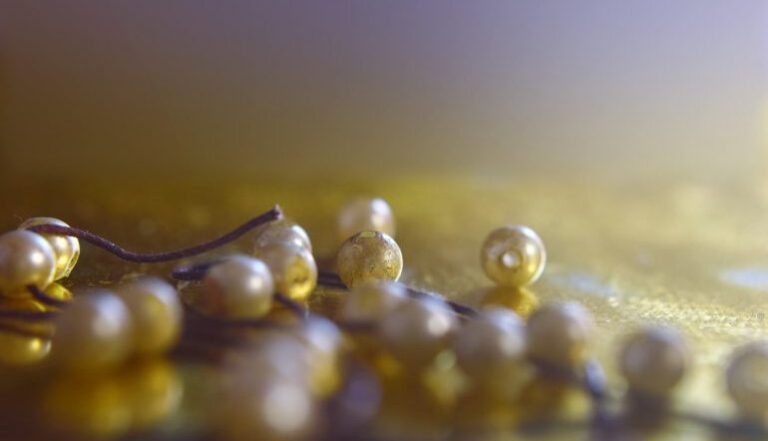Guest post by Fan Wu
Larry, a retired history professor and a friend, emailed me recently to recommend a book he was reading. “It’s a must-read. I’ll lend it to you after I finish it,” he wrote. Fifteen minutes later, he emailed again. “Sorry, cannot lend it. I forgot that I got the book from Kindle. It’s an e-book.”
I don’t own a Kindle or a Sony Reader or a Barnes & Noble Nook or an Aluratek Libre or an iPhone or an iPad. Though I live in Silicon Valley, worked at a leading Internet company for six years and have many geeky friends who can smell the first winds of new technologies, my unfashionability seems puzzling, almost pitiable–at least to my husband. He has tried to use every opportunity–birthdays, anniversaries, holidays–to drag me into the 21st century. No, thanks, is always my answer.
There’s a media blitzkrieg about digital publishing these days. Random House has formed a digital-leadership team, the Wylie Agency is debuting an on-line imprint, Amazon’s e-book sales have just outpaced hardcover sales, major publishers have released enhanced video-embedded e-books. Whenever I read such news I wonder what the future of publishing and books will be like–it will certainly be different. It’s already different from what it was a mere two or three years ago. I still remember listening to Jeff Bezos talking about the soon-to-be-released Kindle on NPR in 2007. Then, there were many concerns about whether readers were ready for it.
Don’t get me wrong. I like these e-readers. I think that they are smart and useful devices, enabling a new platform for reading. I also believe that the digital revolution in books is here, no matter how reluctant many of us are to embrace it. Shakespeare’s “Meet the time as it seeks us” offers us the best advice at the cusp of a new era. For now, though, when I still can choose between e-books and paper books, I prefer the old medium. I love to hold a real book in my hand when I read, sense its heft, feel the paper, highlight or underscore with a pen, scribble notes with my own ineligible but familiar handwriting and let the pages brush my fingertips like butterflies. I also love to look at the cover designs and the binding, which to me are essential to why a book is called a book. Standing in front of my packed and disorganized bookshelves brings me joy, pride, and satisfaction (and sometimes despair, because I’ve yet to write a book that pleases me), which I doubt can be equally shared by e-book collectors.
For fervent readers and book collectors such as the late
Susan Sontag (with her 25,000-volumn personal library), the last thing they fancy, I imagine, is probably an e-book.
I suspect we treat a book less seriously and have less patience for it when it’s on a digital platform because we’re just so used to browsing on the Internet, surrounded by constant attractions and distractions, seeing ourselves as if in a huge labyrinthine shopping mall. In the digital age, we urge ourselves to speed up. Too much information, too little time.
A recent study said e-books make people less isolated because they can be connected on the Internet while reading and because they, when reading alone in public, are more likely to be approached and queried by passers-by who are curious about the technology. But do we really want to invite this curiosity when we’re immersed in a book?
Of course, certain things about e-books make them attractive. Storage space, for example. It’s hard not to envy Kindle’s ability to store more than 1000 books in its less-than-10-oz body, especially for writers who love reading but struggle with rent. Bringing books when traveling is also easy with an e-reader, so we need not decide between an additional pair of shoes and a 1,000-plus-page War and Peace in our already squeezed luggage. When it comes to price, e-books are unbeatable, not to mention the time traveling to a bookstore and gas money we’ve saved (yes, I know it’s unfair to brick-and-mortar bookstores).
I don’t believe print books will ever become extinct but I cannot help picture such a scene: You go to a friend’s house for dinner but instead of wine, chocolates or flowers, you bring your hostess a beautifully printed book, which she accepts gracefully and subsequently places it–carefully, with it opened at certain page–on the center of the coffee table as if it were a delicate bouquet. Days later, when the initial novelty wears off, the hostess would discard the book.
I’m nostalgic already.
Larry emailed me again, trying to persuade me to get an iPad, which he acquired lately and loves. He said he just tuned in to several Mandarin-speaking radio programs from China on his iPad, which he doesn’t understand but is interested in. “Isn’t it amazing? Imagine that you can listen to your hometown news all the time. And your husband can listen to Swedish news, too.”
My husband, a Swede, was intrigued. He’d like to get an iPad for himself but to justify the $600 price tag he felt obliged to say, “Of course, it’s mainly for your reading and writing.”
“But I don’t need it,” I said.
“You don’t need it, but it’s good to have.” He paused. “Besides, you can save trees.”
Yes, save trees. He got me this time.
This is Fan’s first post for Get Behind the Plough.


